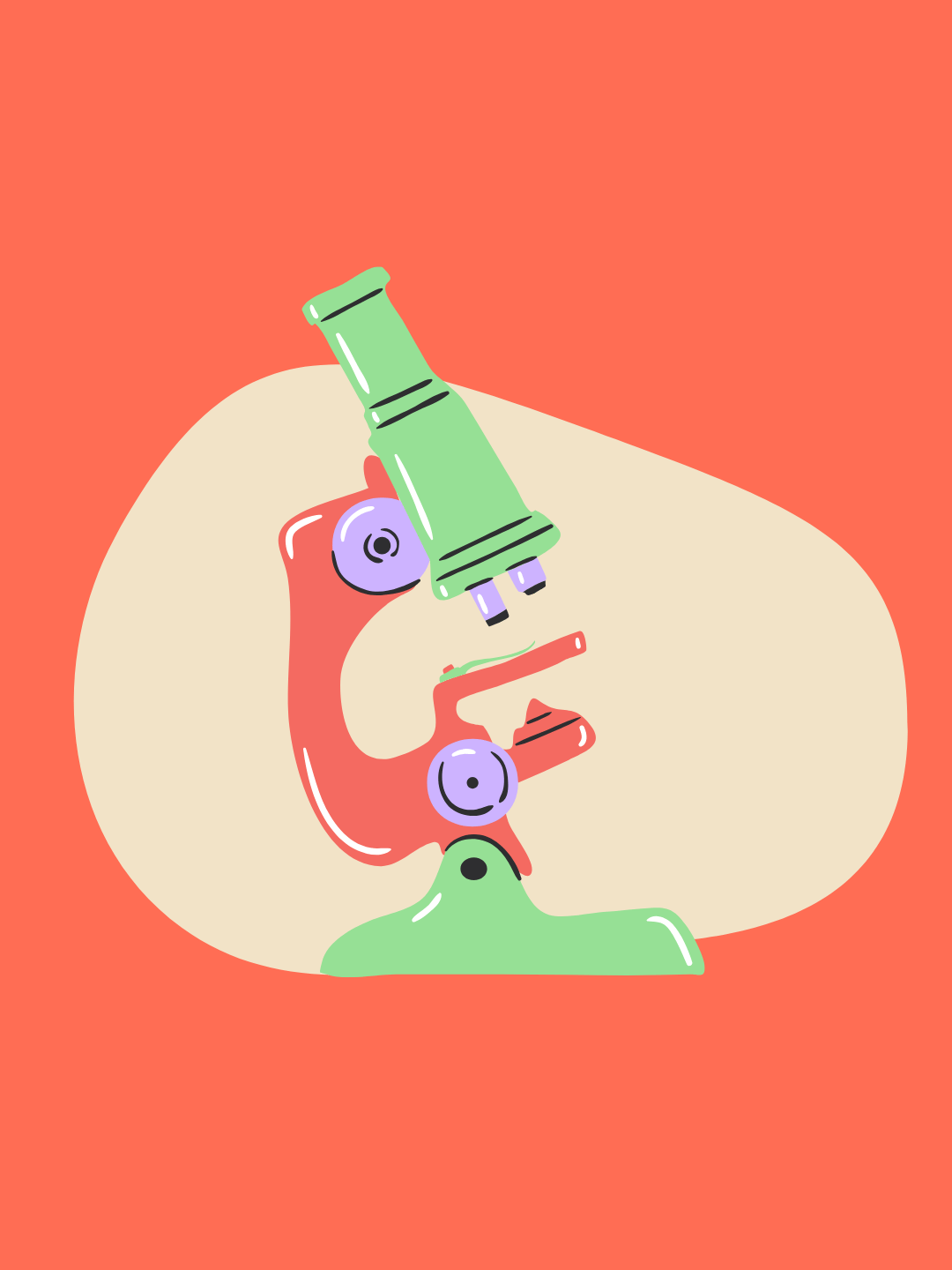No matter your age or your stage of life, whether you’ve been diagnosed with cancer or are considering your genetic predispositions and risk, the decision to have a gynecological procedure may be a difficult and confusing one. We first want to invite you to take a moment to appreciate yourself and to be proud; getting here to learn more about gynecological procedures that may be on your near or distant horizon is a feat in itself, and we are proud of you.
We’re Dani and Nabeela, gynecologic cancer survivor and thriver who’ve had different gyn procedures, and we want to share some of our experiences with you to help you make more informed decisions and have realistic expectations about what surgery and post-surgery may be like.
Disclaimer: This is not a comprehensive discussion on all gynecological procedures, but includes those with which we’ve had direct experience. It is important to note, everyone’s experiences, surgeries, and recoveries are different. All information shared is based on personal experience, and may not be the same for everyone. Always check in with your own medical team for personalized questions or concerns.
Let’s Learn the Lingo
First – it might be helpful to nail down the lingo. Here’s a quick list of some of the procedures you may be considering (note this list is not an exhaustive list but some of the common procedures of those in this community):
- Hysterectomy – removal of the uterus
- Total hysterectomy - removal of the uterus and cervix
- Oophorectomy – removal of one or both ovaries
- Salpingectomy – removal of one or both fallopian tubes
- Salpingo oophorectomy – removal of fallopian tube & ovary
- Can be bilateral or unilateral
Note: Some of these procedures can be combined. For example, a total hysterectomy with salpingo oophorectomy is the removal of the uterus, cervix, ovary and fallopian tube.
RELATED: A Young Ovarian Cancer Survivor's Guide to Stigmas and Survivorship
Breastie-to-Breastie Advice
If you’re preparing for your procedure, or thinking about having one, here’s some advice from us after going through our salpingo oophorectomy and hysterectomy with bilateral salpingo oophorectomy.
1.Prepare your home/place of recovery in advance
If a clean space makes you feel calm, scrub that shit BEFORE hand! If fresh clean sheets make you feel most comfy, put on your best set before you leave. Fluff those pillows and look forward to melting into your happy place when you’re back from surgery. Stock up on sustenance; nourish your body with good, clean food that gives you energy. But don’t forget to treat yourself - pick up your favorite ice cream flavor(s) and snacks, too.
2. Get yourself some comfy clothes
You’re probably going to be recovering in bed for a few days, so get yourself some comfy pajamas or sweats. Here are links to our favorite loungewear sets we think you might love to recover in:
3. Buy maxi pads
Yeah, we know, it totally sucks and feels like you’re back in 6th grade sitting in a diaper during your first period. But you may bleed for a few days, and unfortunately, tampons are not recommended for use while you recover. You may also experience some moderate to severe cramping - so, stay hydrated and remember to breathe through the discomfort.
4. Set timers as reminders to take any medication and don’t be ashamed to take it if you need it
While you’re recovering, it can be daunting to remember which medication to take, and when. So set an alarm in your phone to remind you. And remember, you don’t have to be a hero! If you are prescribed medication, listen to your body, and take the appropriate dosage when you need it.
5. Walk, walk, walk!
Movement is medicine. Get yourself up and out of bed as often as you can without overdoing it. Try to walk a little farther every day; in some cases, you may be forced to walk (in the hospital) the same day as your surgery to be allowed to go home
6. Don’t fear the bloat
Post-surgery, the bloat is REAL. You may need to size up in your sweats for a few days. You may also suffer from some constipation or gas pain- ask your doctor in advance for remedies and any advice.
7. Be prepared for menopausal symptoms which may include dryness, mood swings, and hot flashes.
It’s always best to consult your doctor about these side effects. Treat yourself to a silk pillowcase to help with those night-time hot flashes.
8. Do your best to prepare your body
If your doctor recommends exercise or rest to prepare for surgery and recovery, try to follow their advice. For us, we found simple exercise such as walking around the block and restorative, meditative yoga helpful in preparing physically for surgery. If you have time in advance of your procedure and your doctor gives you the okay, focus a little extra on your upper body and core. You may rely on these more during recovery to get you up and out of bed.
9. Do your best to prepare your mind.
Walking around the block and yoga are also great ways to prepare your mind for surgery and establish a strong mind-body connection. Come up with a mantra that makes you feel empowered and repeat it over and over (e.g., “I am strong. I am capable.”) ! Get your family and friends in on it, too. And learn as much as you can! Don’t be afraid to ask your gynecologic oncologist and Breasties questions as you prepare for surgery.
10. Remember, you’re not alone
Connect with others in similar situations. Reach out to a loved one or post in The Breasties’ private facebook group. This community is here for you, and you don’t have to do it alone.







